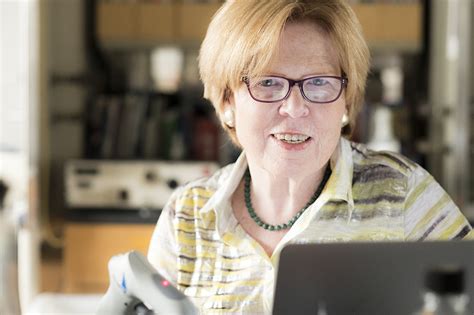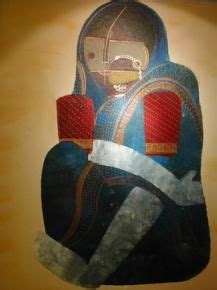A Quote by Saint Ignatius
In the matter of learning, the difference between the earnest and the careless student stands out clearly. The same holds true in the mastering of passion and the weaknesses to which our nature is subject, as in the acquiring of virtue.
Related Quotes
There is first the problem of acquiring content, which is learning. There is another problem of acquiring learning skills, which is not merely learning, but learning to learn, not velocity, but acceleration. Learning to learn is one of the great inventions of living things. It is tremendously important. It makes evolution, biological as well as social, go faster. And it involves the development of the individual.
No one returns from Christianity to the same state he was before Christianity but into a worse state: the difference between a pagan and an apostate is the difference between an unmarried woman and an adulteress. For faith perfects nature but faith lost corrupts nature. Therefore many men of our time have lost not only the supernatural light but also the natural light which pagans possessed.
From my point of view, he can be called a remarkable man who stands out from those around him by the resourcefulness of his mind, and who knows how to be restrained in the manifestations which proceed from his nature, at the same time conducting himself justly and tolerantly towards the weaknesses of others.
Human nature itself is evermore an advocate for liberty. There is also in human nature a resentment of injury, and indignation against wrong. A love of truth and a veneration of virtue. These amiable passions, are the "latent spark" . . . If the people are capable of understanding, seeing and feeling the differences between true and false, right and wrong, virtue and vice, to what better principle can the friends of mankind apply than to the sense of this difference?
In [the soul] one part naturally rules, and the other is subject, and the virtue of the ruler we maintain to be different from that of the subject; the one being the virtue of the rational, and the other of the irrational part. Now, it is obvious that the same principle applies generally, and therefore almost all things rule and are ruled according to nature.
Souls that have lived in virtue are in general happy, and when separated from the irrational part of their nature, and made clean from all matter, have communion with the gods and join them in the governing of the whole world. Yet even if none of this happiness fell to their lot, virtue itself, and the joy and glory of virtue, and the life that is subject to no grief and no master are enough to make happy those who have set themselves to live according to virtue and have achieved it.
I'm interested in such things as the difference between how we perceive the world and what the world turns out to be. The difference is between the stories we tell others and the stories we tell ourselves. There is a wonderful Russian saying, which I use as the epigraph of one of my novels, which goes, He lies like an eyewitness. Which is very sly, clever and true.
Let us, then, take our compass; we are something, and we are not everything. The nature of our existence hides from us the knowledge of first beginnings which are born of the nothing; and the littleness of our being conceals from us the sight of the infinite. Our intellect holds the same position in the world of thought as our body occupies in the expanse of nature.
Questions are not happenstance thoughts nor are questions common problems of today which one picks up from hearsay and booklearning and decks out with a gesture of profundity questions grow out of confrontation with the subject matter and the subject matter is there only where eyes are, it is in this manner that questions will be posed and all the more considering that questions that have today fallen out of fashion in the great industry of problems. One stands up for nothing more than the normal running of the industry. Philosophy interprets its corruption as the resurrection of metaphysics.











































